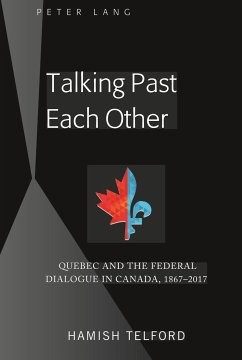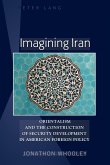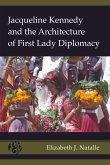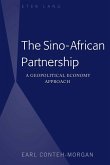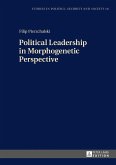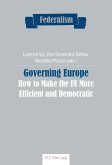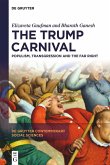In Talking Past Each Other, Hamish Telford provides an engaging account of the long-running dialogue between the governments of Quebec and Canada on the meaning and purpose of federalism. He argues that the government of Canada has adopted a theory of federalism that enables it to address most issues of "national" importance to the federation irrespective of the formal division of powers in the constitution. The theory of "majoritarian federalism," as he calls it, allows the government of Canada to promote "national" unity and the universality of citizenship. By contrast, Quebec's theory of federalism, which he calls "difference federalism," stresses the importance of provincial autonomy, so as to allow each province, most especially Quebec, to preserve and promote its particularity. These definitions represent irreconcilable constitutional premises. The governments of Canada and Quebec have thus quite literally been "talking past each other" for the last 150 years.
Talking Past Each Other is the first monograph in a generation to recount this story in its entirety.
Talking Past Each Other is the first monograph in a generation to recount this story in its entirety.
«In Talking Past Each Other: Quebec and the Federal Dialogue in Canada, 1867-2017, Telford considers the two competing narratives of Canadian federalism, "majoritarian" and "difference," one emanating from English Canada and one from Québéc. [...] However, his well-organized and well-presented book is a fine elucidation of an age-old Canadian issue: one nation or two?»
(Nelson Wiseman, The Ormsby Review 2018)
Full Review
(Nelson Wiseman, The Ormsby Review 2018)
Full Review

